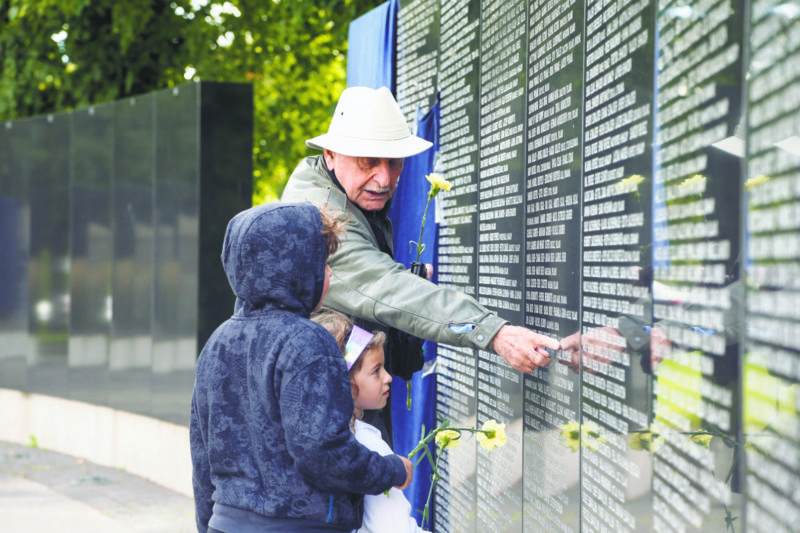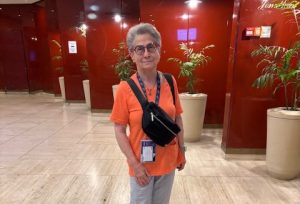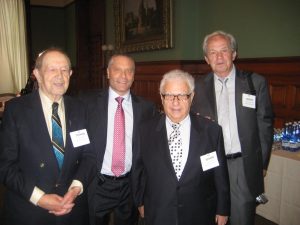Carleton University’s Centre for Holocaust Education and Scholarship (CHES), which was established last November, is set to begin recording the stories of local Holocaust survivors for a new and innovative teaching tool.
“Since the 1990s, survivors have been invited to do presentations in schools and their stories have become an integral part of teaching Holocaust history,” said Mina Cohn, director of CHES.
“If we can create something short, that teachers can use in the classroom… they will be able to hear the voices of the actual survivors telling their own stories, even after they are gone.”
READ: MAX EISEN BRACINGLY HONEST IN HIS HOLOCAUST MEMOIR
Cohn said the idea for the project evolved over a period of years, as it became apparent that there would soon be nobody left with first-hand knowledge of what had happened during the Shoah.
“At first, we decided to train the ‘second generation’ to take over, but then we realized that most of them did not know the stories,” she said. “We had a representative from Yad Vashem in Jerusalem meet with our second generation group so that we could learn from them what is being done.”
CHES was established with the plan to record the stories of those Ottawa survivors who are still alive, in particular for use in schools and universities. Carleton’s Zelikovitz Centre for Jewish Studies, which houses CHES, is collaborating in this project, which will allow future generations of students, researchers, teachers and others to hear and see the people who experienced and witnessed the horrors of the Holocaust.
The CHES committee consists of 12 people, some of whom are children of survivors, who are utilizing their various skills for the project. Some are contacting and recruiting survivors, others will prepare them for the interviews, and some will work with the videographers.
“We will record as many as possible, as our budget permits,” Cohn said.
Unfortunately, unlike other larger cities in Canada, Ottawa does not have a Jewish community-funded Holocaust centre or funding for such a project, so CHES needs to seek other support.
“The money we have now came mostly from our committee members,” said Cohn.
READ: DAUGHTER SPOTS HER TEENAGED SURVIVOR MOTHER IN YOUTUBE VIDEO
Having already identified 30 survivors living in the Ottawa area, the plan is to begin by recording 10 of them. For that to happen, Cohn estimates CHES will need $7,500 to cover production and editing costs.
Carleton University’s FutureFunder has embraced the project and featured it on a dedicated fundraising page. There is a promotional video on the site and tax receipts will be issued for donations to the fund.
The page is time-limited and the number of days it will remain open is clearly noted online.
For more information, or to donate, click here.







